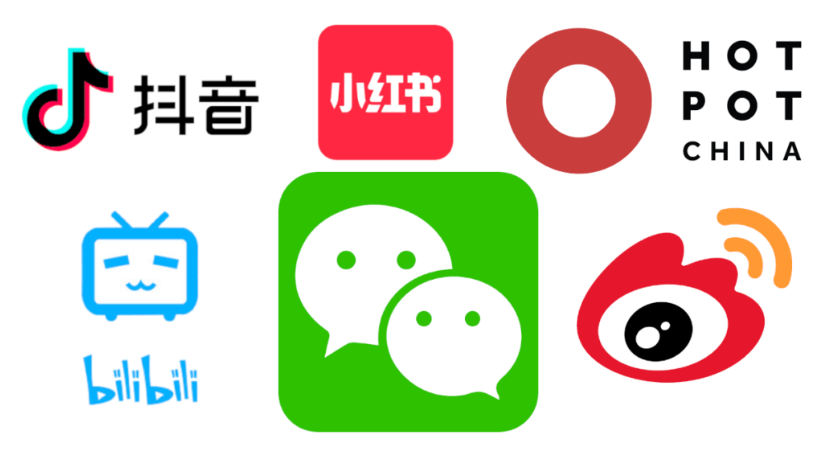China’s New Internet Content Censorship Law Will Strengthen Communist Ideology
A new rule has been suggested in China to encourage patriotic education among internet users. China’s main legislative body, the National People’s Congress, has received the draft bill for assessment. Although the whole document has not been made public, key parts have been made known via sources in the state media. The proposed regulation mandates internet content providers to improve the production and distribution of patriotic material, according to state broadcaster CCTV.
According to Xinhua, the legislation also requires online content and service providers to create and use cutting-edge platforms, technology, and goods to encourage patriotism online. The implementation of this legislation is anticipated to have a big influence on developing national pride, boosting population cohesion, encouraging the growth of a strong country, and accomplishing national renewal.
The Communist Party has placed more emphasis on ideological control under the leadership of Chinese President Xi Jinping, which has prompted frequent attempts by China’s top internet regulator to encourage cutting-edge media for political instruction. These attempts to control and restrict internet information that differs from Beijing’s ideological viewpoints sometimes run concurrently with these measures. To strengthen the power of the party, China has developed a sophisticated system for controlling internet content over time. The country’s top internet censorship authority demanded in March that online media be used to provide political education material for children.
According to CCTV, the draft legislation has clauses that explicitly target “overseas Chinese.” Beijing has enlisted more help from overseas Chinese in recent years to combat what it views as “Taiwan independence forces,” especially as tensions across the Taiwan Strait have increased. China views Taiwan as a rebellious area that must be united with the mainland, maybe even via coercion. Although the majority of nations, including the United States, do not legally recognize Taiwan as an independent country, they are opposed to any forcible change made to the status quo in a unilateral manner.
According to CCTV, the proposed legislation expands its coverage to include those in Taiwan, Macau, and Hong Kong. According to Xinhua, it contains regulations emphasizing patriotic teaching via a variety of activities, including flying the national flag, performing the national song, and reciting constitutional vows. The legislation also emphasizes the significance of specially designated patriotic education places, such as museums, landmarks, and locations connected to the history of the party and China’s cultural heritage. According to Xinhua, these websites would be elevated as essential tools for fostering patriotism.
The political philosophy of the Chinese President, Xi Jinping Thoughts on Socialism with Chinese Characteristics for a New Era, has been a part of the official school curriculum in China since 2017. During that year, this philosophy was given formal recognition inside the Communist Party. Beijing began a new effort in 2021 to instill party allegiance in students by requiring the inclusion of more ideological material, such as the “core socialist values,” in the curriculum.













